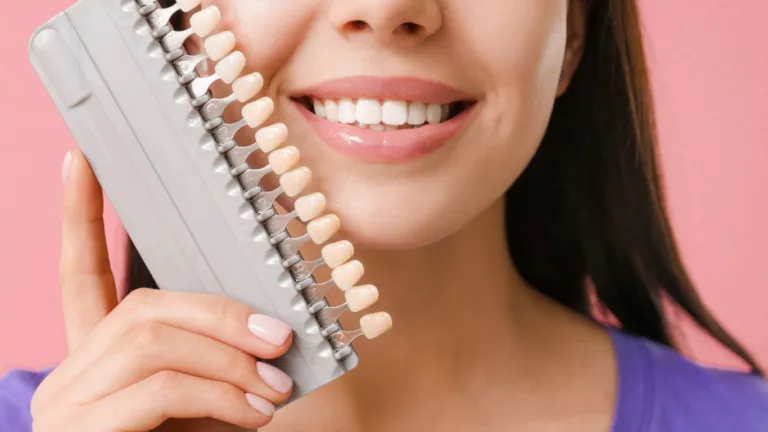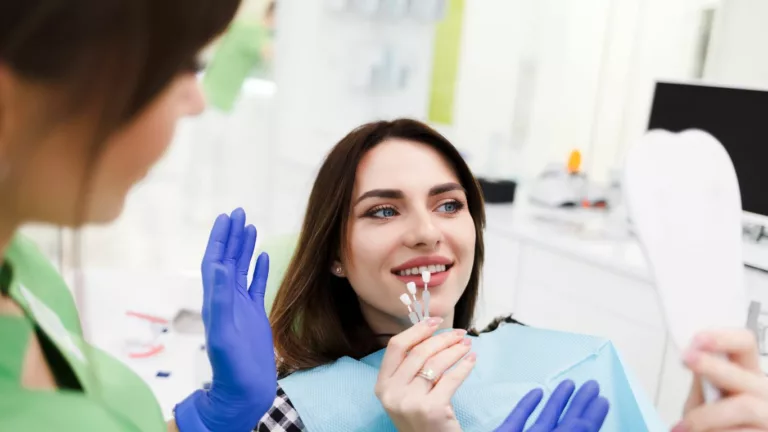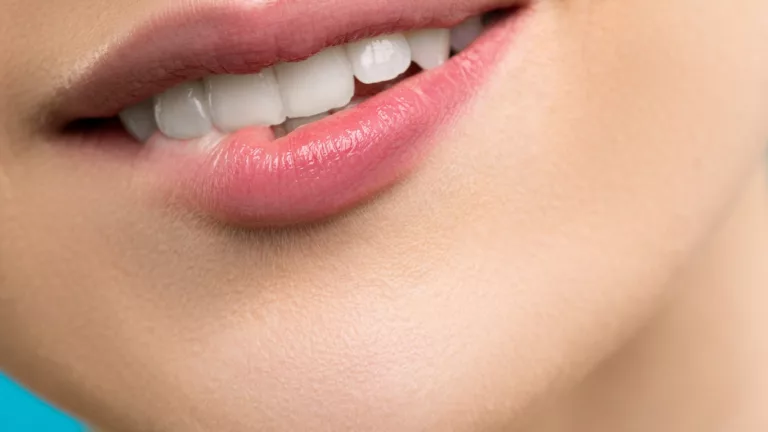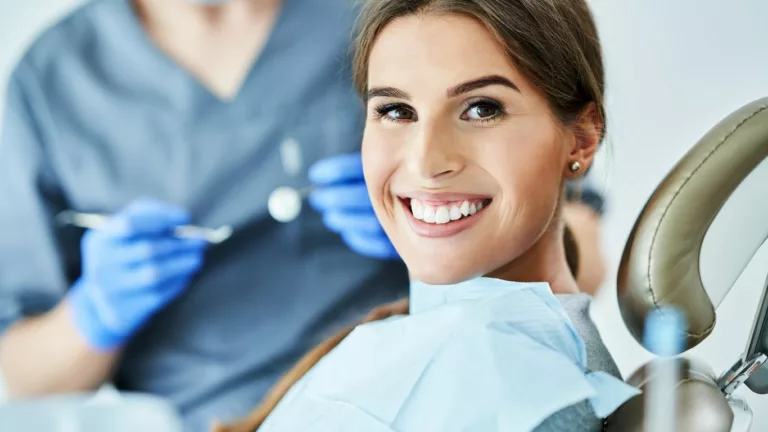Can You Eat Popcorn with Braces? – A Crunchy Dilemma
Discover whether you can safely enjoy popcorn with braces. Learn the risks, alternatives, and tips for indulging in snacks while keeping your braces intact.
Wearing braces comes with a list of do’s and don’ts, especially when it comes to food. Among the most common questions orthodontic patients ask is whether they can eat popcorn. This article delves into the implications of eating popcorn with braces, offering insights into potential risks, alternatives, and tips for maintaining your orthodontic treatment.
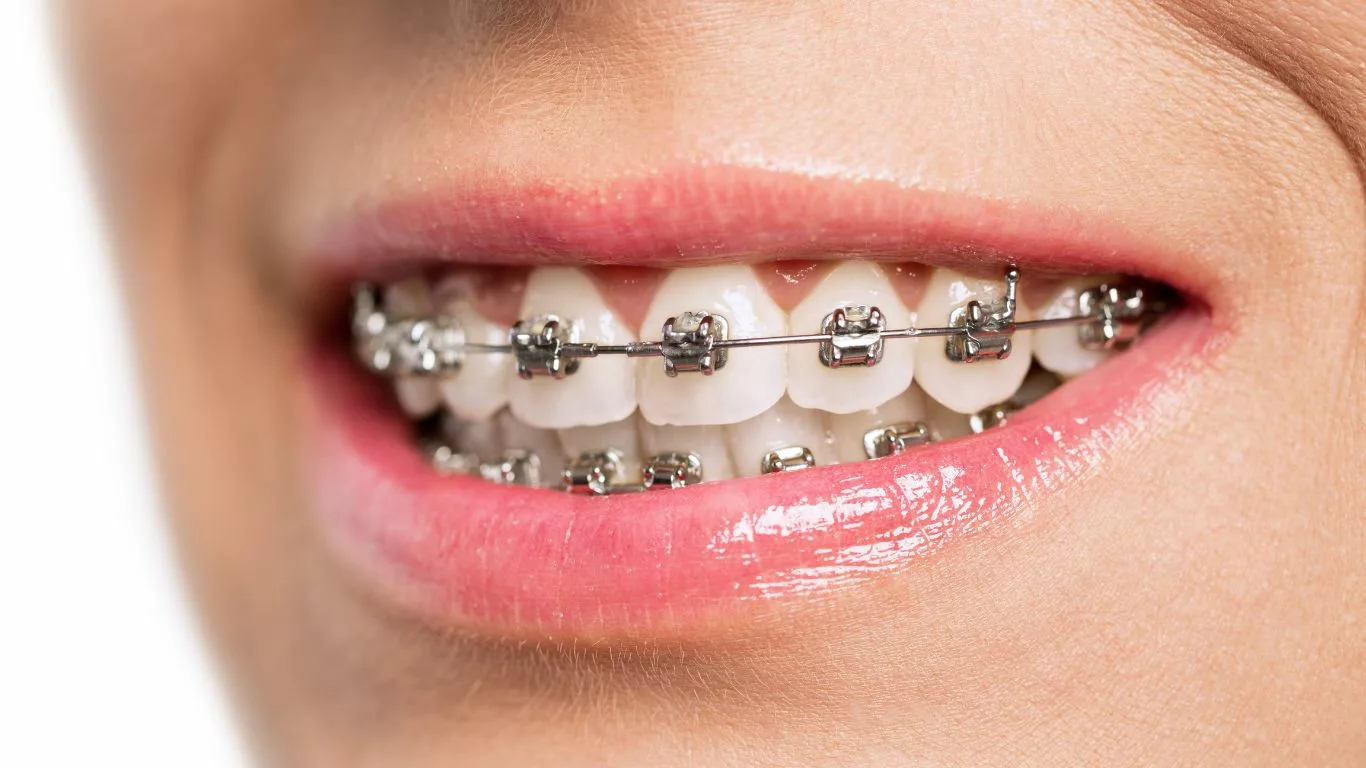
Why Popcorn is Risky for Braces
Popcorn is a beloved snack, but for individuals with braces, it can pose significant risks. Understanding these risks can help prevent damage to your orthodontic appliances and ensure a smoother treatment process. Here’s a closer look at why popcorn might not be the best choice for those with braces:
Hard Kernels: A Major Hazard
Popcorn kernels are one of the most concerning aspects when it comes to eating popcorn with braces. Unpopped or partially popped kernels are hard and can easily cause damage to your orthodontic hardware. When you bite down on a hard kernel, it can put excessive pressure on your brackets and wires, leading to several potential issues:
- Broken Brackets: The brackets that are attached to your teeth can crack or completely break off if too much force is applied. This not only causes discomfort but also requires an urgent trip to the orthodontist for repairs, which could extend your treatment time.
- Bent Wires: Wires are designed to guide your teeth into their proper positions gradually. However, biting into something as hard as a popcorn kernel can bend these wires, leading to discomfort and the possibility of your teeth shifting in the wrong direction. A bent wire can also poke into your gums or cheeks, causing irritation and sores.
- Tooth Damage: Beyond the braces themselves, your teeth can also be affected. Hard kernels can lead to chipped or cracked teeth, which would require additional dental treatment.
Hull Remnants: Irritation and Difficulty in Cleaning
The hulls of popcorn—the thin, sharp shells that cover each kernel—can be particularly problematic for braces wearers. These hulls can easily become lodged in the small spaces between your braces and teeth, leading to several issues:
- Gum Irritation: Hulls trapped between your braces and gums can cause significant irritation. This can lead to swelling, redness, and even bleeding if not promptly removed. Persistent irritation can make your gums more susceptible to infection and can complicate your overall orthodontic treatment.
- Increased Risk of Plaque Buildup: Hulls that are not properly cleaned out can contribute to plaque buildup. Plaque is a sticky film of bacteria that forms on teeth and braces, and if it’s not removed, it can lead to tooth decay and gum disease. For braces wearers, maintaining oral hygiene is already more challenging, and trapped hulls make it even harder to keep your teeth and braces clean.
- Difficulty in Removal: Removing popcorn hulls from braces can be particularly challenging. Even with thorough brushing and flossing, hulls can stubbornly cling to brackets, wires, and between teeth, leading to prolonged discomfort and potential oral health issues.
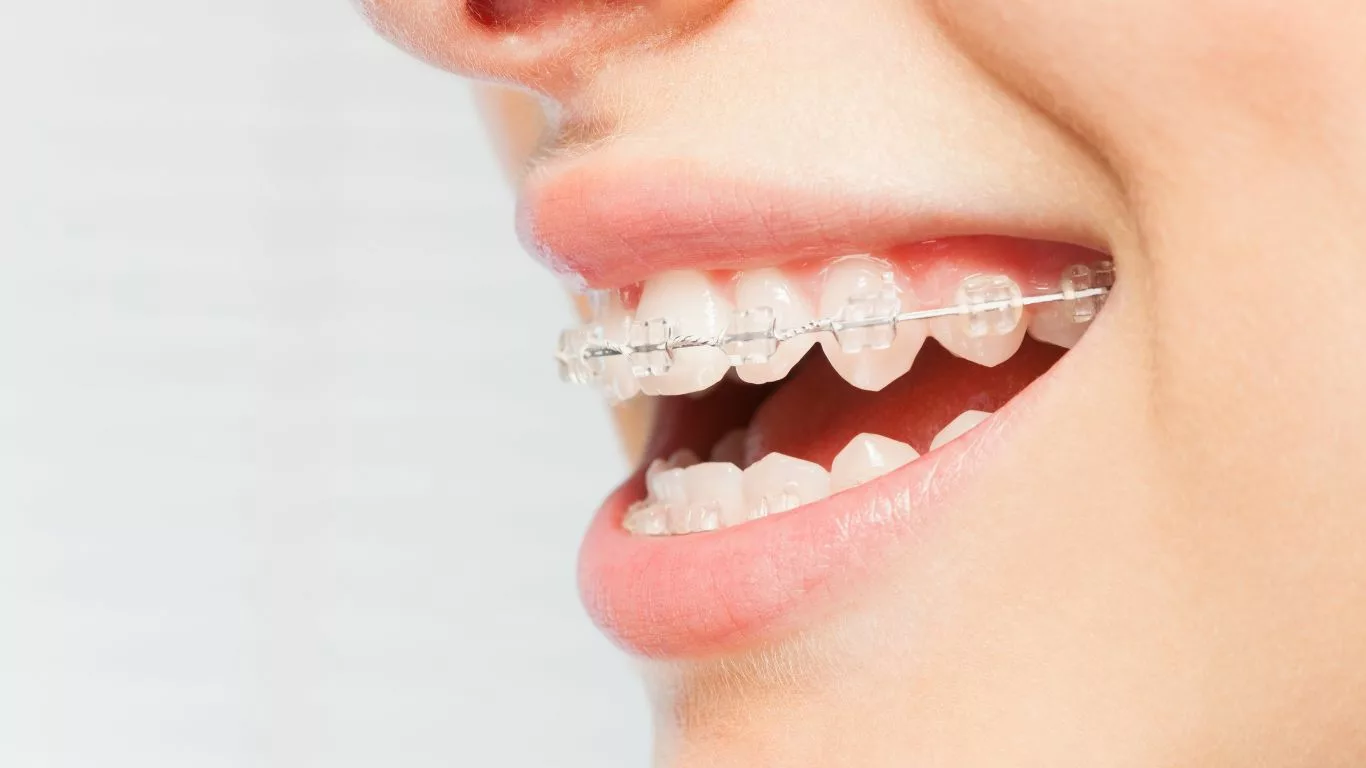
Alternatives to Popcorn for Braces Wearers
Given the risks associated with eating popcorn while wearing braces, it’s wise to explore alternatives that provide similar satisfaction without the potential for damage. Here are some braces-friendly options that still offer a satisfying crunch:
- Puffed Corn: Puffed corn snacks are an excellent alternative to traditional popcorn. They provide a similar taste and texture but are much softer, eliminating the risk posed by hard kernels. Puffed corn melts in your mouth, making it a safer option for those with braces.
- Soft Pretzels: Soft pretzels are chewy and can be a great substitute for crunchy snacks like popcorn. They provide a satisfying snack experience without the risk of damaging your braces. You can enjoy them plain, with a bit of mustard, or even with a light sprinkle of salt.
- Cheese Puffs: Cheese puffs are another braces-friendly snack that mimics the crunch of popcorn. They dissolve easily in your mouth, which means they are less likely to cause any harm to your orthodontic appliances. Additionally, they don’t leave behind the hard kernels or sharp hulls that can get stuck in your braces.
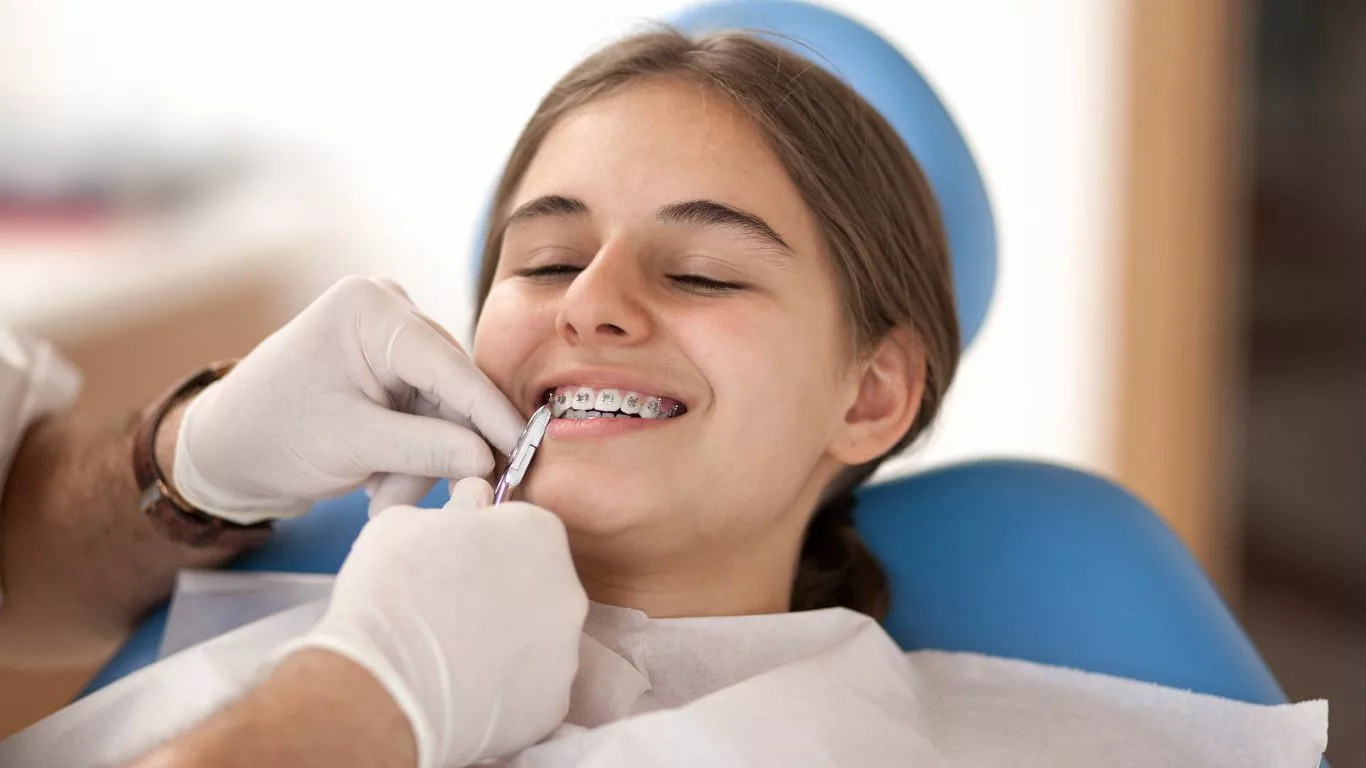
Tips for Eating Popcorn with Braces (If You Must)
If you find yourself unable to resist the allure of popcorn, despite the risks, there are ways to minimize the potential for damage. Consider these tips to protect your braces while indulging in popcorn:
- Opt for Hulless Popcorn: Hulless popcorn varieties are specifically designed to have fewer of the irritating hulls that can get stuck in your braces. While they are not completely free of hulls, they pose a slightly lower risk and are a safer option compared to regular popcorn.
- Take Small Bites: Eating slowly and taking small bites can help you avoid biting into a hard kernel unexpectedly. Additionally, taking smaller bites makes it easier to manage any food particles that may get stuck in your braces, reducing the risk of damage.
- Thorough Cleaning Afterward: After enjoying popcorn, it’s crucial to clean your braces thoroughly. Use an interdental brush to get into the small spaces between your braces and teeth, floss carefully to remove any trapped debris, and consider using a water flosser to help flush out any stubborn particles. Proper cleaning can help prevent plaque buildup and gum irritation, ensuring your orthodontic treatment stays on track.

Conclusion
Eating popcorn with braces is generally not recommended due to the risk of damage and difficulty in cleaning. However, if you can’t resist, taking precautions and choosing safer alternatives can help minimize the risks. Remember, maintaining your braces and ensuring they function correctly is crucial for the success of your orthodontic treatment. By opting for braces-friendly snacks and practicing good oral hygiene, you can enjoy your favorite foods while keeping your orthodontic progress on track.
Appendices
References
For further exploration of the topic of eating popcorn with braces, consider reviewing the following references:
- American Association of Orthodontists. (2023). Foods to Avoid with Braces. Link to article.
- Smith, J., & Johnson, L. (2022). Orthodontic Care: What Not to Eat with Braces. Journal of Dental Health, 45(2), 135-142. Read Article.
- Davis, R. (2021). Managing Snacks with Braces: Safe Alternatives and Tips. Orthodontic Times, 34(7), 205-218. Read Article.
FAQs
Here are some frequently asked questions about eating popcorn with braces:
- Can I eat popcorn occasionally if I have braces? While it’s best to avoid popcorn, occasional consumption with caution may be okay. Just be sure to take small bites and clean your braces thoroughly afterward.
- What happens if I get popcorn stuck in my braces? If popcorn gets stuck, use an interdental brush or water flosser to remove it. If it causes discomfort or cannot be removed, contact your orthodontist.
- Are there popcorn alternatives that are safe for braces? Yes, puffed corn, soft pretzels, and cheese puffs are good alternatives that offer a similar snacking experience without the risk of damaging your braces.
Related Table
Here’s a summary table of key information regarding eating popcorn with braces:
| Aspect | Information |
|---|---|
| Risks | Hard kernels can break braces; hulls can get stuck and irritate gums. |
| Alternatives | Puffed corn, soft pretzels, cheese puffs. |
| Tips for Safe Eating | Opt for hulless popcorn, take small bites, clean braces thoroughly after eating. |
Note: Always consult with your orthodontist for personalized advice regarding your diet and braces care.
Disclaimer: The information provided in this article is for educational and informational purposes only. It is not intended to be a substitute for professional medical advice, diagnosis, or treatment. Always seek the advice of your dentist or orthodontist with any questions you may have regarding your orthodontic treatment or dental health. Never disregard professional medical advice or delay in seeking it because of something you have read in this article.

Camellia Wulansari is a dedicated Medical Assistant at a local clinic and a passionate health writer at Healthusias.com. With years of hands-on experience in patient care and a deep interest in preventive medicine, she bridges the gap between clinical knowledge and accessible health information. Camellia specializes in writing about digestive health, chronic conditions like GERD and hypertension, respiratory issues, and autoimmune diseases, aiming to empower readers with practical, easy-to-understand insights. When she’s not assisting patients or writing, you’ll find her enjoying quiet mornings with coffee and a medical journal in hand—or jamming to her favorite metal band, Lamb of God.


